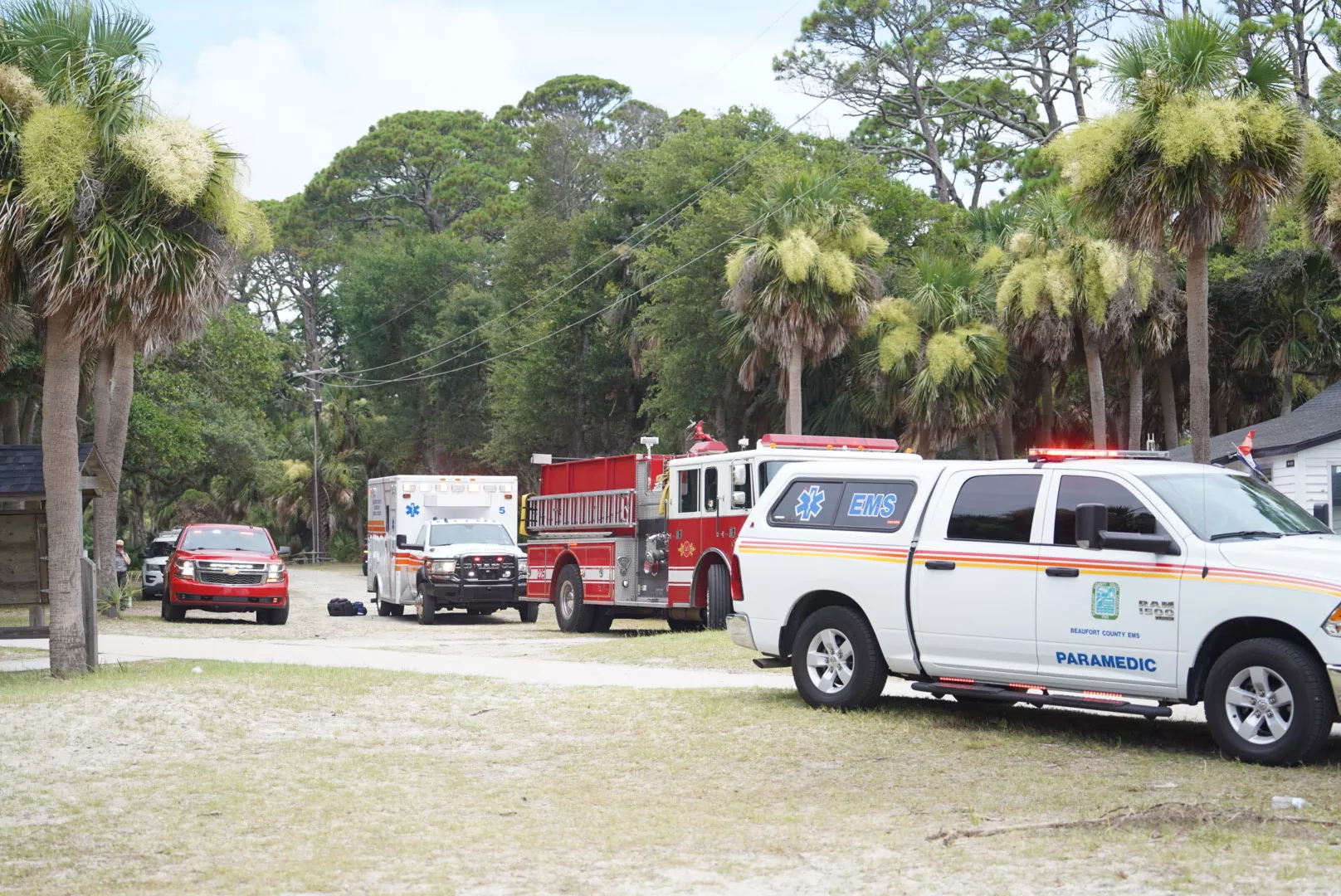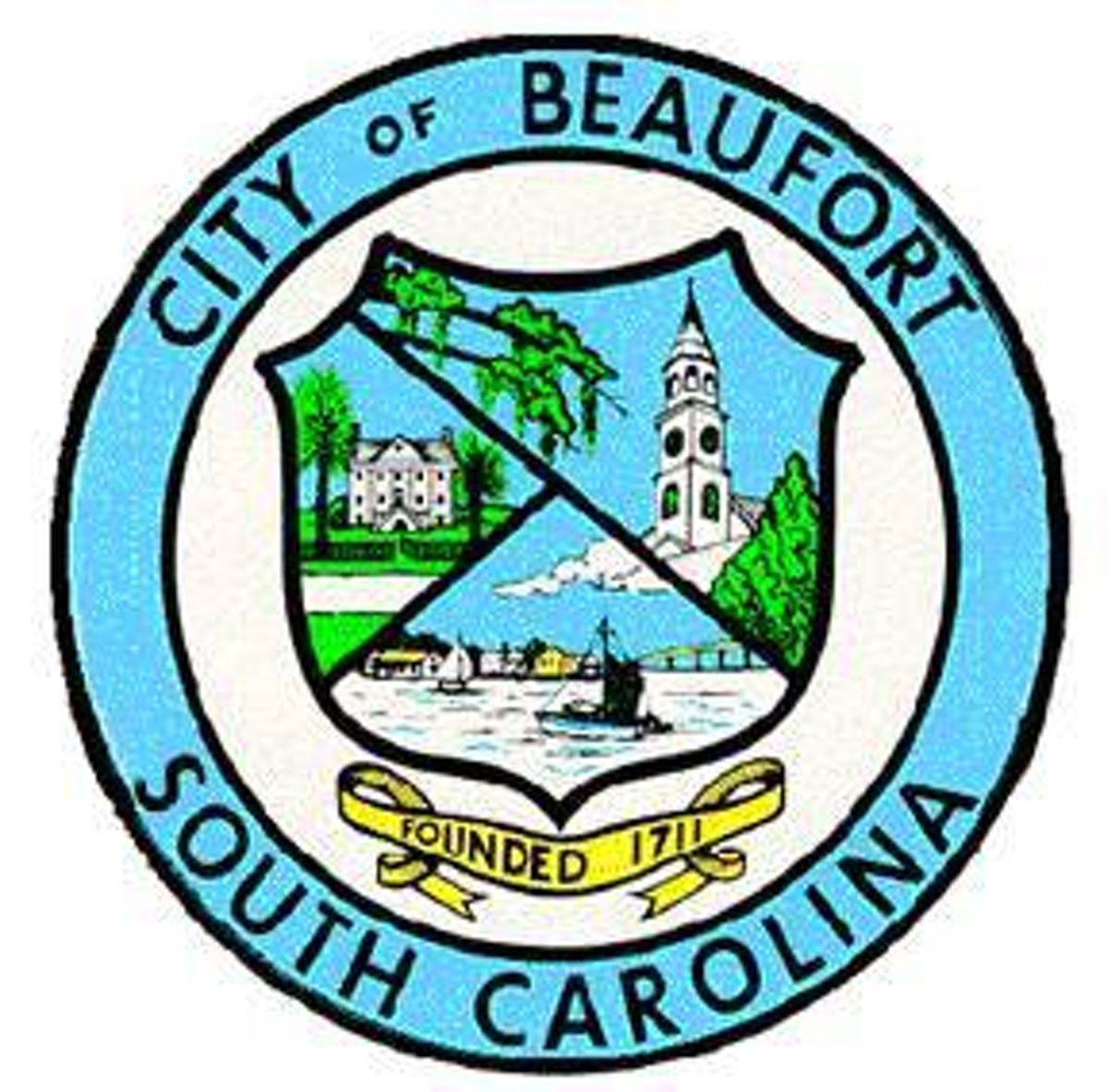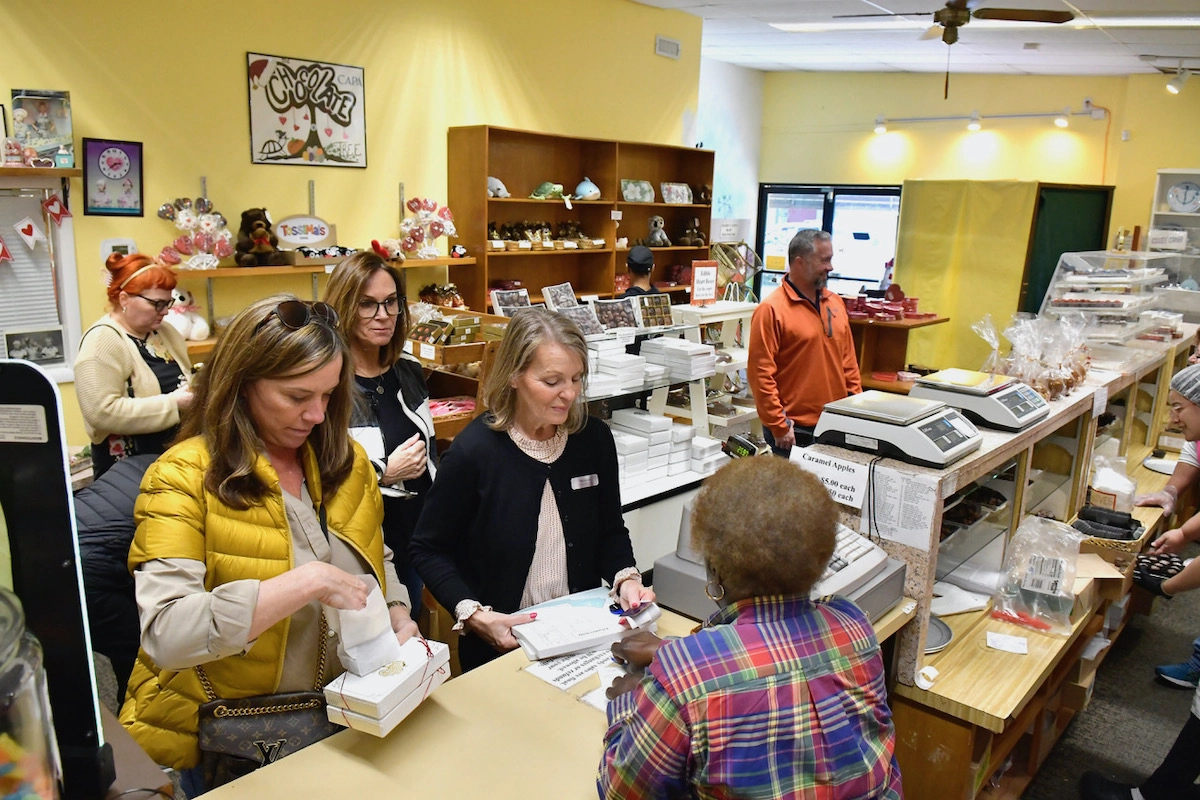By Mindy Lucas
When Teresa Bruce and Gary Geboy bought their home in Pigeon Point more than 20 years ago, they hadn’t planned on ever leaving it. But when a job opportunity came up in Washington, D.C., they realized they could take the job and keep their home by renting it out to visitors.
Beaufort, after all, was increasingly becoming known as a tourism destination and homes were being listed and rented out easily enough on websites like Vacation Rentals By Owner, or VRBO.
Now, four years later, the couple has found themselves in the middle of a pandemic and renting their Lowcountry home is no longer so easy. In fact, for the foreseeable future, it isn’t even an option.
As of April 6, S.C. Gov. Henry McMaster’s executive order suspended rentals to coronavirus hotspots across the country. The order included hotels, short-term rentals, vacation homes, B&Bs, timeshares and similar properties.
For Bruce and Geboy, though, the executive order didn’t much matter. Reservations had already stopped coming in long before that.
“It was around St. Paddy’s Day when they stopped,” Geboy said.
And while both Bruce and Geboy said they are in a “little better situation” than some who have bought houses in the area solely as investment rentals, they still rely on the rent their house brings to pay for things like maintenance, insurance and taxes – all money that goes back into the area’s economy.
“Now it’s sort of sitting empty, and those things are still there,” Geboy said.
For those who work directly in tourism, such as short-term rentals, hotels or inns, the economic fallout from the pandemic could be long-term and it could be devastating, say those who work in the industry.
“I don’t want to undersell the devastation, and it won’t be just for the short-term rentals or B&Bs,” said Robb Wells, president and CEO for the Greater Beaufort-Port Royal Convention and Visitor’s Bureau.
Many other businesses that are impacted by tourism, such as restaurants, retail, bike rentals, tour operators and many others will also be negatively impacted, he said.
“And that’s a lot of revenue across the board,” he said.
In fact, as one of South Carolina’s largest economic drivers, tourism brings in billions of dollars each year to the Palmetto State.
Before 2020, the industry was seeing record-breaking years, according to the S.C. Department of Parks, Recreation and Tourism (SCPRT), bringing in $23.8 billion in 2018 alone, the most recent year data was collected.
Now, the industry is looking at millions of dollars lost each week.
For the week of April 5-11, for example, South Carolina visitor spending was down $268 million, a drop of 87 percent compared to the equivalent week in 2019, SCPRT related in their latest industry newsletter. Since the first week of March, this equates to a drop of $1 billion or 35 pecent from the same time period in 2019, it said.
In Beaufort, it’s particularly impactful, industry officials say, since the county also has a high number of small businesses or small business owners, according to a recent study by SmartAsset.
“That’s right,” said Wells. “So let’s get past glossy words like economic impact. These are our friends and neighbors. We see them everyday in the community or at the grocery store and they are struggling.”
Across town at The Rhett House Inn, owners Steve and Marianne Harrison have been dealing with the double-edge sword of not only having no business but having to lay off employees as well.
“We’re very sad,” Steve Harrison said, adding that the inn, which has been in business for 34 years, had to lay off all 11 of its employees.
Harrison said they first started receiving cancellations in January and February as people became leery of traveling. The inn tried to stave off the impact by offering gift certificates for other dates, or moving reservations first from March to April, then from April to May.
“But it became more and more unlikely we could stay open, especially when the restaurants started closing, and that was big,” he said. “Basically when that happened the town was closed to tourists.”
Now, everything feels like it’s on hold, he said.
“We feel like someone pressed the pause button on life, and we don’t know when it’s going to come off,” he said.
Even the two loan programs he and his wife have applied for – the Economic Injury Disaster Loan and the Paycheck Protection Program – seem to be on hold or haven’t come through yet.
A self-described optimist, Harrison said he’ll hang in there and stay with the inn and the business “until he dies.”
“But yes it’s going to be a struggle and for the whole town,” he said. “Hospitality is going to be the last thing that comes back. When people can travel again, the last thing they’re going to want to do is get on a plane.”
Bruce, whose Beaufort home remains empty, except for when they are in town, said it saddened her more for the city which she still calls home, rather than her own situation.
“I want my city to thrive and be financially stable,” she said, adding that when guests stay at her home, they get a book full of recommendations for what to do and where to go in the area.
“They are spending a lot of money on restaurants and everything else in the area, so not only does it affect the taxes the city brings in and us, but it affects all these other businesses,” she said.
Both she and Geboy, as well as Wells and Harrison, all cautioned that when the re-opening begins, it needs to be done carefully and with consideration for the health and wellness of everyone involved.
“I want them to be able to come to Beaufort and fall in love with my city,” said Bruce. “But at the same time I don’t want people to come and spread the virus.”
Like Harrison and Wells, Geboy also worries about the long-term effect the pandemic will have on Beaufort’s economy.
“This is going to have a pretty profound effect on Beaufort,” he said. “That’s for sure.”
Related articles:










